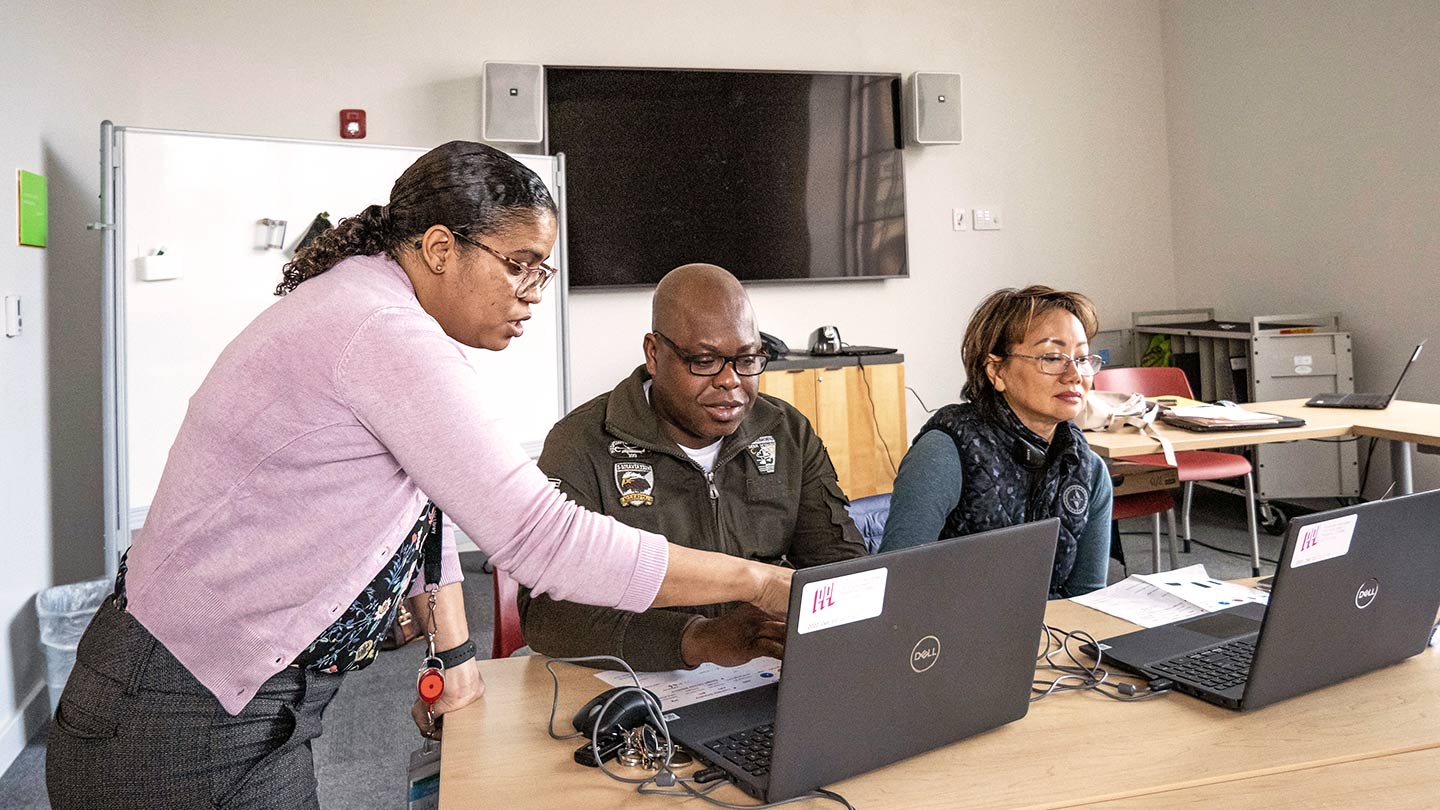Multifamily
Learn about key trends impacting multifamily real estate and best practices for managing apartment investments. From growing a portfolio to navigating the local market, experts share their top tips.
For Companies and Institutions
Key Links
For Individuals
Explore a variety of insights.
Key Links
Insights by Topic
Explore a variety of insights organized by different topics.
Key Links
Insights by Type
Explore a variety of insights organized by different types of content and media.
Key Links
We aim to be the most respected financial services firm in the world, serving corporations and individuals in more than 100 countries.
Key Links
Learn about key trends impacting multifamily real estate and best practices for managing apartment investments. From growing a portfolio to navigating the local market, experts share their top tips.
All topics
No results found
Adjust your filter selections to find what you’re looking for

Real Estate
Dec 04, 2025
Learn from JPMorgan Chase commercial real estate leaders and stay up to date on the latest industry news and media coverage.

Real Estate
FHFA’s 2026 multifamily volume caps signal strong activity
Dec 02, 2025
The Federal Housing Finance Agency increased agency multifamily loan purchase caps for 2026. It’s a positive sign for financing availability and market activity.

Real Estate
Why CAM charges are important for property managers
Dec 02, 2025
Shared building spaces impact tenants’ satisfaction and the success of your commercial properties. Find out more about the costs to maintain these areas.

2:29 - Real Estate
If these walls could talk: Seattle
Nov 03, 2025
We’ve invested more than $630 million in Seattle affordable housing and community services over the past decade. Discover Community Development Banking’s local impact.

Real Estate
Helping Guardian Real Estate Services grow its impact
Oct 23, 2025
See how J.P. Morgan’s comprehensive banking solutions helped this multifamily developer and manager grow from a regional leader to national scale—including a $497 million milestone deal.

Real Estate
Why your bank’s onboarding and service teams matter
Oct 06, 2025
Understand the role onboarding and service teams play, and how industry expertise can support commercial real estate success.

Real Estate
Investing in libraries, beyond the books
Oct 02, 2025
Investment helps libraries take on a larger community role, offering services like workforce development, technology classes, homework help and more.

Real Estate
How landlords can prepare for natural disasters
Oct 02, 2025
Severe weather events are on the rise. A business resiliency plan can help commercial real estate owners and operators prepare to minimize the impact on renters and properties.
You're now leaving J.P. Morgan
J.P. Morgan’s website and/or mobile terms, privacy and security policies don’t apply to the site or app you're about to visit. Please review its terms, privacy and security policies to see how they apply to you. J.P. Morgan isn’t responsible for (and doesn’t provide) any products, services or content at this third-party site or app, except for products and services that explicitly carry the J.P. Morgan name.